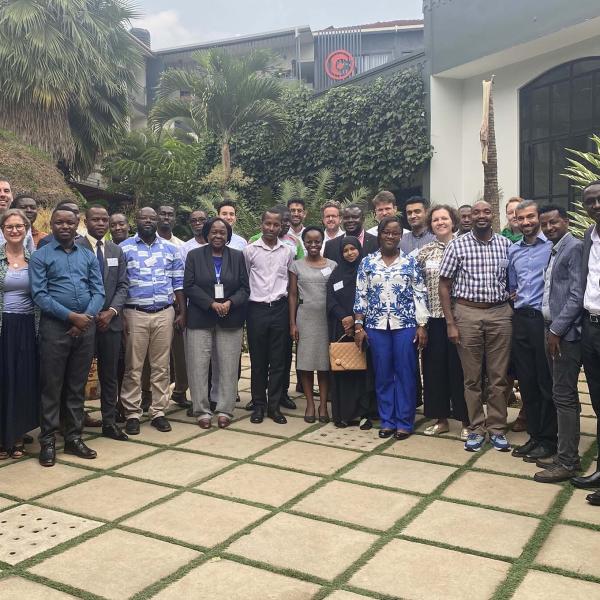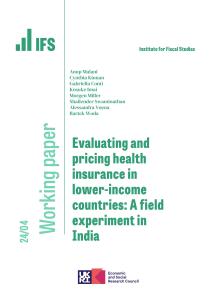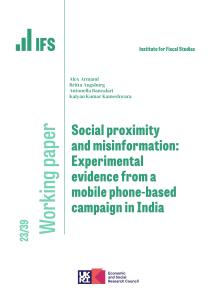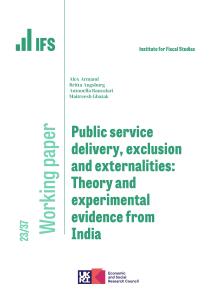OBJECTIVES: Poor early childhood development in low- and middle-income countries is a major public health problem. Efficacy trials have shown the potential of early childhood development interventions but scaling up is costly and challenging. Guidance on effective interventions’ delivery is needed. In an open-label cluster-randomized control trial, we compared the effectiveness of weekly home visits and weekly mother-child group sessions. Both included nutritional education, whose effectiveness was tested separately.
METHODS: In Odisha, India, 192 villages were randomly assigned to control, nutritional education, nutritional education and home visiting, or nutritional education and group sessions. Mothers with children aged 7 to 16 months were enrolled (n = 1449). Trained local women ran the two-year interventions, which comprised demonstrations and interactions and targeted improved play and nutrition. Primary outcomes, measured at baseline, midline (12 months), and endline (24 months), were child cognition, language, motor development, growth and morbidity.
RESULTS: Home visiting and group sessions had similar positive average (intention-to-treat) impacts on cognition (home visiting: 0.324 SD, 95% confidence interval [CI]: 0.152 to 0.496, P = .001; group sessions: 0.281 SD, 95% CI: 0.100 to 0.463, P = .007) and language (home visiting: 0.239 SD, 95% CI: 0.072 to 0.407, P = .009; group sessions: 0.302 SD, 95% CI: 0.136 to 0.468, P = .001). Most benefits occurred in the first year. Nutrition-education had no benefit. There were no consistent effects on any other primary outcomes.
CONCLUSIONS: Group sessions cost $38 per child per year and were as effective on average as home visiting, which cost $135, implying an increase by a factor of 3.5 in the returns to investment with group sessions, offering a more scalable model. Impacts materialize in the first year, having important design implications.















